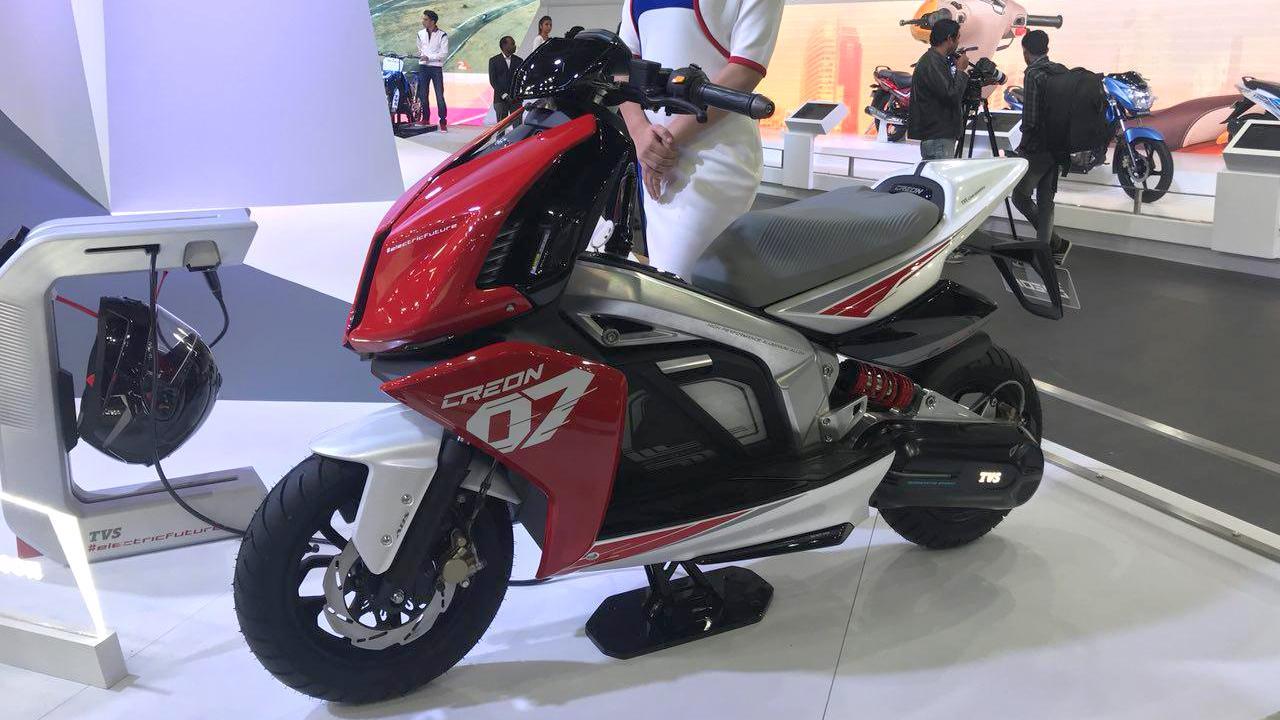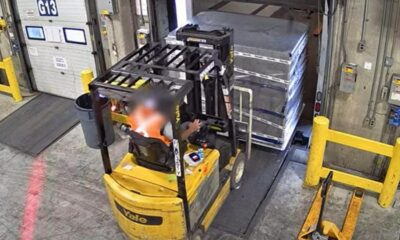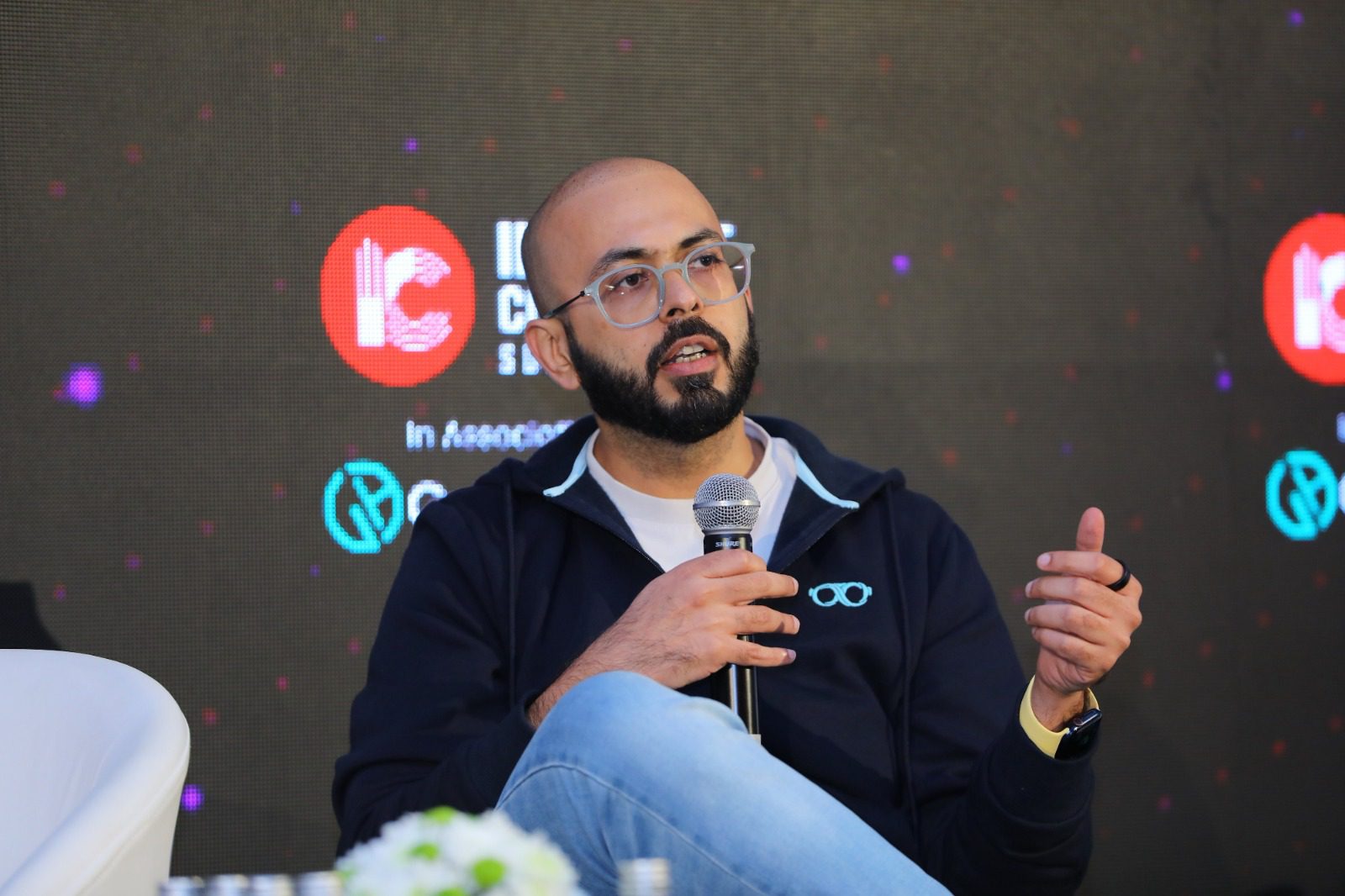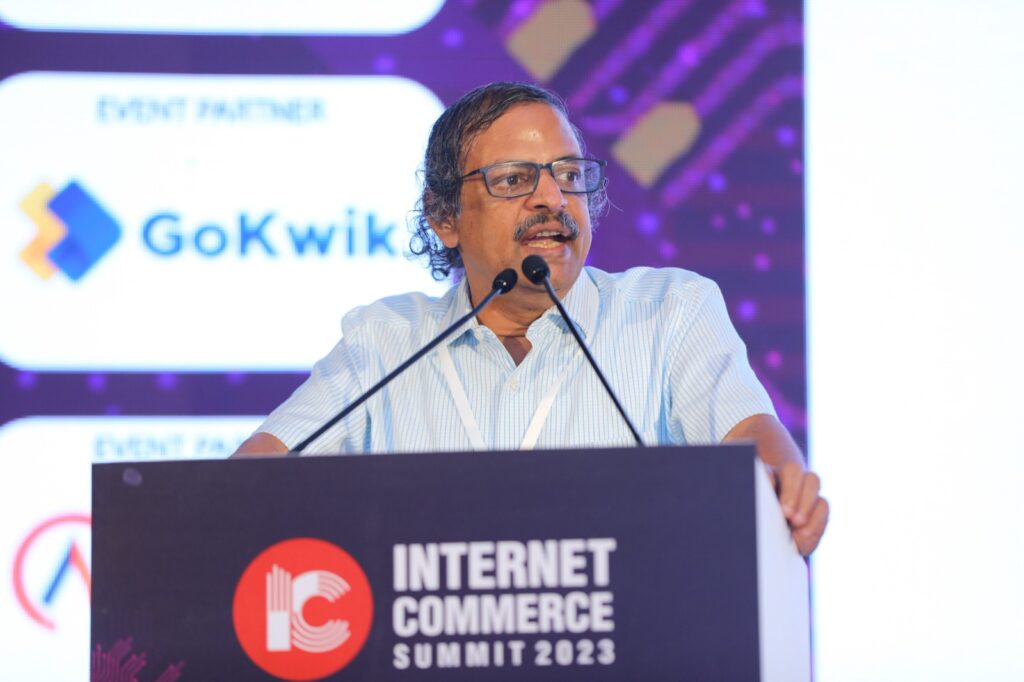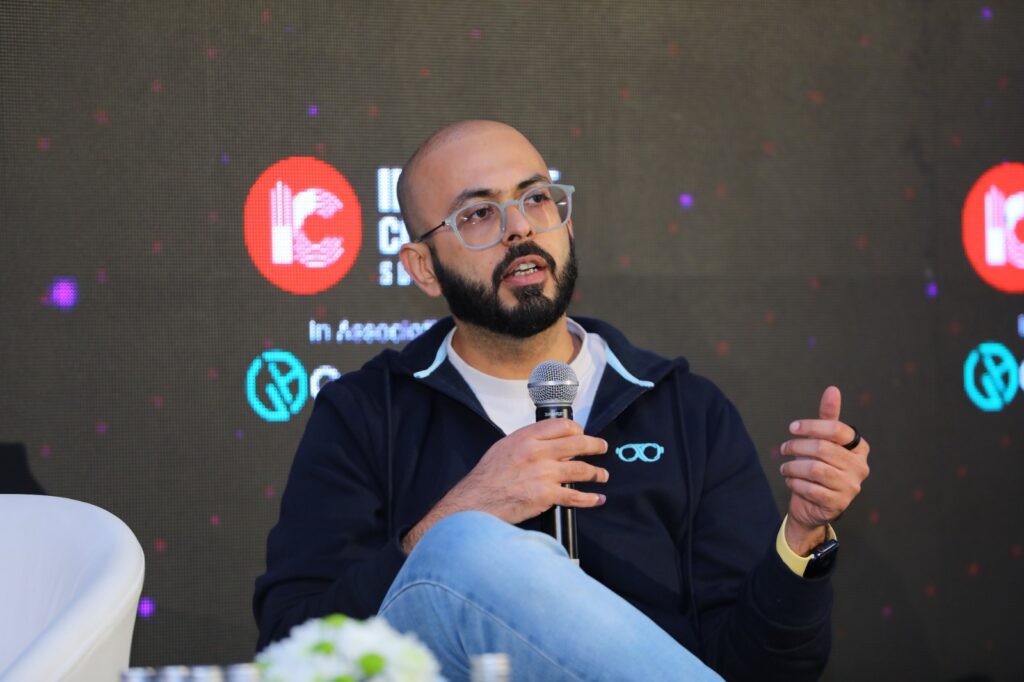Business Wire India
India’s third-largest two-wheeler maker, TVS Motor Company, has plans to invest Rs 1,000 crore to manufacture electric vehicles. Sudarshan Venu, the company’s joint Managing Director, said that the proposed EVs will fall under an independent vertical.
Mr Venu, a TVS Group prodigy, paves the way for the next generation of leaders. As the company’s New Strategy leader, this new line of Electric Vehicles is his vision. Ralf Speth—recently appointed as chairman of TVS Motor and former CEO of Jaguar Land Rover—and Kuok Meng Xiong—a leading global eCommerce investor for ByteDance, Palantir and Airbnb—are mentors to the young scion.
It is no secret that an increasing number of startups are focusing on the EV segment, but this does not worry Sudarshan Venu. In his interview with Economic Times, he says, “We’ve quietly worked on EVs for the last one decade. It is a huge focus area for us as we advance. We are embracing this future; we are investing in it and are excited.” “We want to scale up the TVS electric experience pan India, and it is a space where we would like to play a leading role,” he continues.
Despite new-age EV entrants, mainstream two-wheeler makers are also being measured with them. Chetak from Bajaj Auto seems to be on its reincarnation journey, while TVS Motor seems to be as aggressive as ever. Additionally, Hero MotoCorp is steadily investing in Ather Energy and its in-house EV projects.
TVS Motor is working diligently on its 5-25kW two- and three-wheelers portfolio, launching all of them within 24 months. It aims to have electric vehicles across segments like delivery, commuter premium, high-performance sports, and electric three-wheelers.
The company’s new EV vertical has 500-600 engineers are already working on multiple concepts for the new market needs. Designed and developed in India with global R&D, this range of EVs aims to launch in foreign markets.
With a dedicated, scalable facility for electric vehicles, TVS Motor is also developing integrated vehicle architecture with battery and other critical parts manufactured in-house. Mr Venu predicts that with falling battery cost, sustained policy support and product launch investments, customer acceptance will accelerate by 2025. “The bull case of the industry is what we will plan for, and we will invest behind it, and be ready for it,” he beamed during his interview with ET.
The infrastructure for charging is critical for faster EV adoption and TVS Motor is planning strategic partnerships to create an ecosystem of fast-charging vehicles.
TVS Motor’s first EV, the iQube, will go from Bengaluru, Chennai, Coimbatore, Delhi and Pune to over 1,000 dealerships in major Indian towns and cities by FY22 end. Around then, it will also launch its Creon-concept end, foreseen to be the most advanced electric two-wheeler in India.
The company joint MD claims that TVS Motor has a “clear path” for iQube’s positive gross margin. It is all set to transform into a digital-age company with a connected, cool and electric brand, and his commitment of INR 1,000 crore is an investment in that direction.
“We are improving the profitability of our core business and cutting any Capex on non-core areas to keep the focus on electrification and digital future,” Sudarshan Venu said to ET. When asked about sales and finance numbers, he said, “We should see very rapid growth from here on. While the total cost of ownership parity is still some time away, in the three to five years, you will see significant growth in the industry; that is why we are investing.”
Believing that EV development has to be “ground-up”, he acknowledged that India can play a huge role in the sector, much like conventional two-wheelers. Applauding both states and the central government for the SoPs extended, he said any future policy support should drive “development of technology”, especially through battery technology, cell chemistry, etc.
TVS Motor is involved in the startup ecosystem with a special focus on telematics and connectivity platforms. Having greatly contributed to the company’s core business so far, they are sure their new focus will enhance the EV buying experience. TVS agility will be critical in the future of a connected and digital world.



 Special Editions3 weeks ago
Special Editions3 weeks ago


 Special Editions4 weeks ago
Special Editions4 weeks ago


 Crime News4 weeks ago
Crime News4 weeks ago


 Special Editions3 weeks ago
Special Editions3 weeks ago


 Entertainment4 weeks ago
Entertainment4 weeks ago
